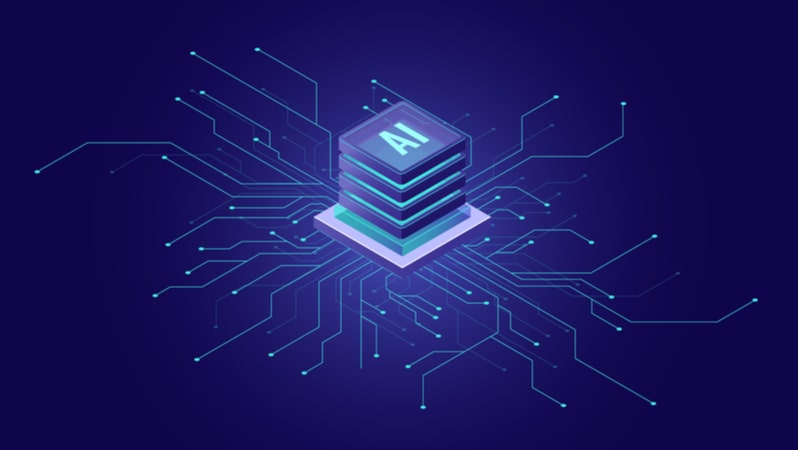
The chairman of the National Security Commission on Artificial Intelligence (NSCAI) said he expects “significant focus” on artificial intelligence (AI) workforce development in this year’s defense bill.
Eric Schmidt, the former Google CEO who chairs the NSCAI, said he and members of his commission have been meeting with staffers, senators, and representatives over the last few weeks to help with the markup of the National Defense Authorization Act (NDAA). The Senate Armed Services Committee completed the markup of the Senate version of the bill last week and the House Armed Services Committee is scheduled to have its full committee markup on July 1.
“I would expect there to be significant focus on [AI] workforce development in this year’s NDAA,” said Schmidt, speaking during Defense One’s online event on June 17. He said this AI workforce development is “a long time coming” and that it will “benefit the military.”
The Senate’s NDAA “includes several provisions designed to recruit and retain talent with technology expertise,” according to the bill summary. These provisions include “authorizing a pilot program to permit university students and faculty to take on part-time and term employment at [Defense Department] labs to work on critical technologies and research activities” and the mandate for “a study comparing methods for recruiting and retaining technology researchers used by both the U.S. and Chinese governments.”
Schmidt referenced the commission’s interim report and estimated that the United States is 18-to-24 months ahead of China on AI research and innovation. He noted that China is investing “enormous sums” into AI.
